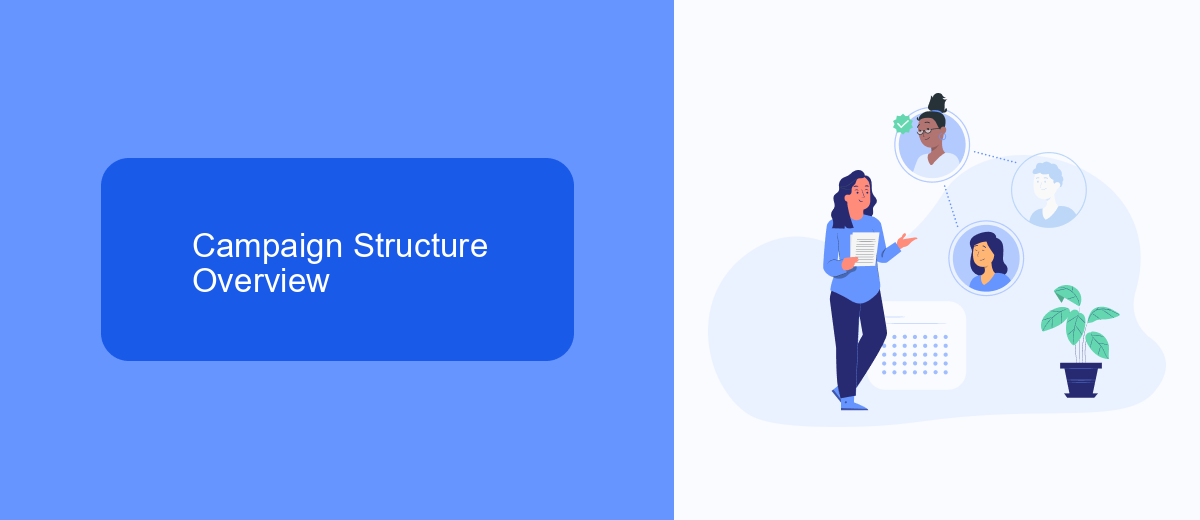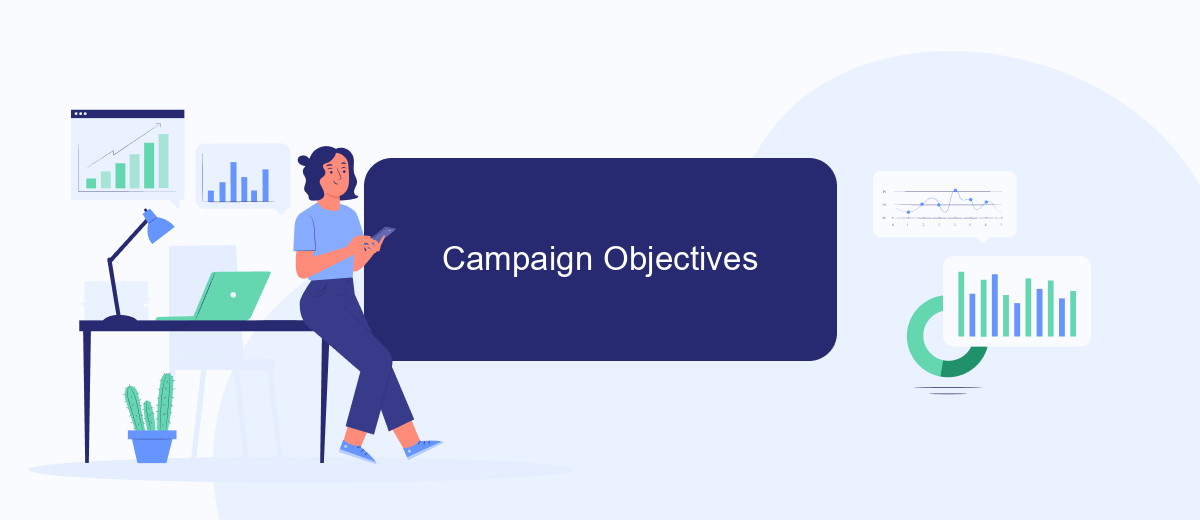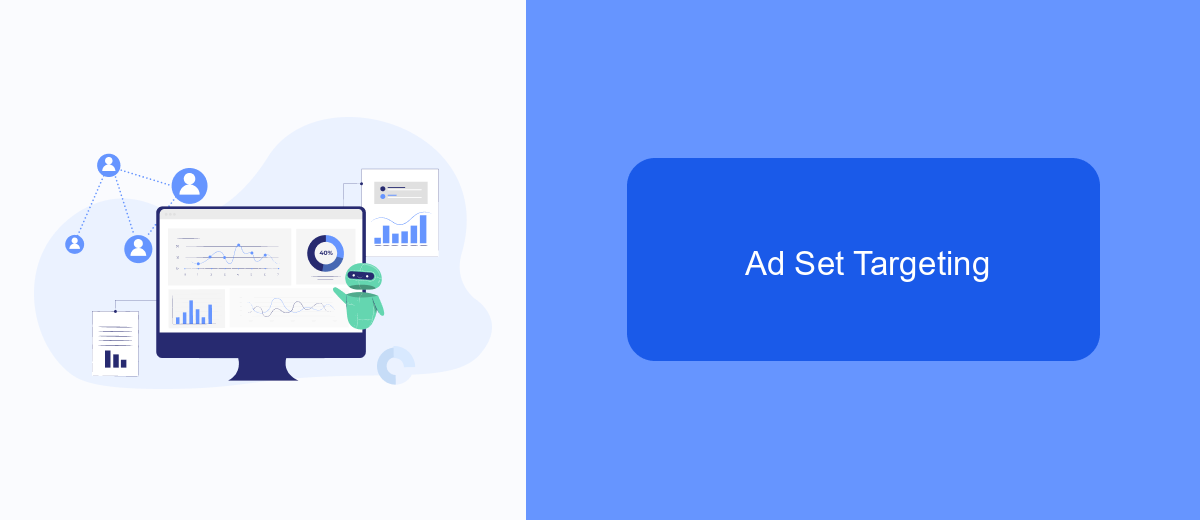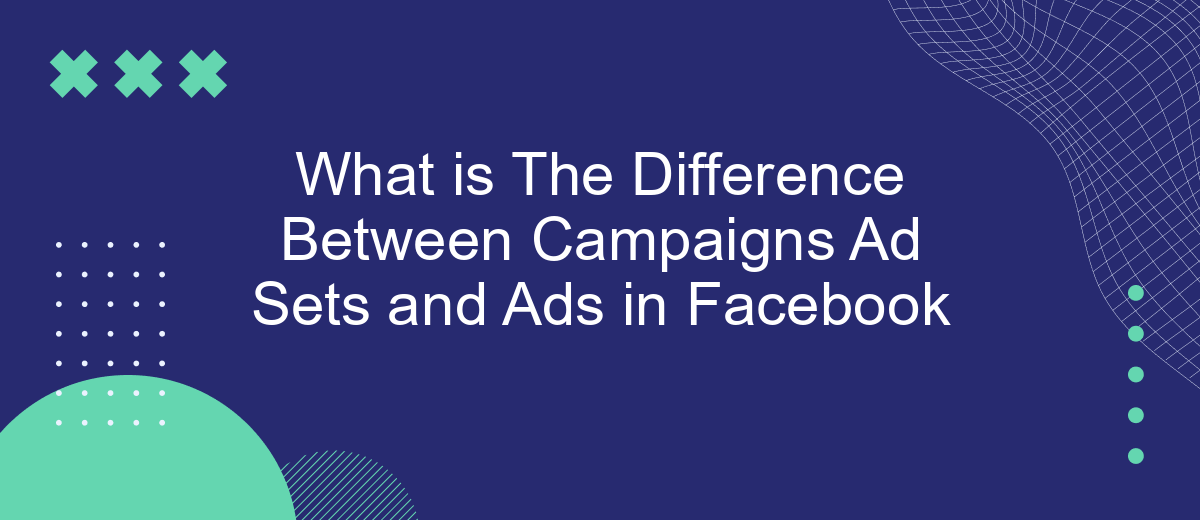Understanding the structure of Facebook advertising is crucial for effective digital marketing. This article delves into the distinctions between campaigns, ad sets, and ads on Facebook. By breaking down each component, we aim to clarify how they work together to create a cohesive advertising strategy, helping you to optimize your marketing efforts and achieve your business goals.
Key Terms Definition
Understanding the key terms in Facebook advertising is crucial for creating effective campaigns. Here are the primary components you need to know:
- Campaigns: The highest level of your advertising structure, where you define your marketing objective.
- Ad Sets: The middle level, where you set your budget, schedule, audience, and placement options.
- Ads: The individual creatives that will be shown to your audience, including images, videos, and text.
Each component plays a vital role in your advertising strategy. For seamless integration and optimization, consider using services like SaveMyLeads, which automate lead data transfer and help streamline your marketing efforts.
Campaign Structure Overview

In Facebook advertising, the campaign structure is organized into three distinct levels: campaigns, ad sets, and ads. At the top level, campaigns define the overarching objective of your advertising efforts, such as brand awareness, lead generation, or conversions. This is where you set your primary goal, which will guide the overall strategy and performance metrics of your ads. Each campaign can contain multiple ad sets, allowing for a more granular approach to targeting and budget allocation.
Ad sets are the second level and are crucial for defining specific parameters such as audience targeting, budget, schedule, and placements. Each ad set can contain multiple ads, which are the actual creatives that users will see. Ads are the final level and include the images, videos, copy, and call-to-action buttons that engage your audience. For seamless integration and efficient lead management, services like SaveMyLeads can automate the process of capturing leads from Facebook ads and transferring them to your CRM or other marketing tools, ensuring no lead is lost and enhancing your campaign’s effectiveness.
Campaign Objectives

When setting up a Facebook campaign, the first and most crucial step is choosing the right campaign objective. Your objective determines what you want to achieve with your ads and influences how Facebook will optimize your campaign. Understanding the different objectives can help you align your campaign with your business goals more effectively.
- Awareness: This objective is aimed at generating interest in your product or service. It includes Brand Awareness and Reach.
- Consideration: These objectives encourage people to think about your business and seek more information. They include Traffic, Engagement, App Installs, Video Views, Lead Generation, and Messages.
- Conversion: This objective is designed to drive valuable actions on your website or app. It includes Conversions, Catalog Sales, and Store Traffic.
Choosing the right objective is essential for the success of your campaign. Additionally, integrating your Facebook campaigns with external services like SaveMyLeads can automate lead management and enhance your marketing efforts. SaveMyLeads allows you to connect Facebook Lead Ads with various CRM systems, email marketing services, and other tools, ensuring seamless data flow and efficient lead nurturing.
Ad Set Targeting

Ad Set Targeting is a crucial component of Facebook advertising that allows you to define who will see your ads. By targeting the right audience, you can maximize the effectiveness of your campaigns and ensure that your ads reach potential customers who are most likely to engage with your content.
Within an ad set, you can specify various targeting options to narrow down your audience. These options include demographics, interests, behaviors, and more. Properly configuring these settings can help you reach a more relevant audience and improve your return on investment.
- Demographics: Age, gender, location, language, etc.
- Interests: Hobbies, activities, pages liked, etc.
- Behaviors: Purchase history, device usage, travel habits, etc.
- Custom Audiences: Upload your own customer lists or use website traffic.
For businesses looking to streamline their targeting and integrate their ad campaigns with other marketing tools, services like SaveMyLeads can be invaluable. SaveMyLeads allows for easy integration with various platforms, ensuring that your targeting data is always up-to-date and your campaigns are as effective as possible.
Ad Creative
Ad Creative is the visual and textual content that you use in your Facebook ads to capture the attention of your audience. This includes images, videos, headlines, descriptions, and call-to-action buttons. The creative elements are crucial for engaging users and encouraging them to interact with your ad, whether that's clicking through to your website, downloading an app, or making a purchase. High-quality and relevant ad creatives can significantly impact the performance of your campaigns, making it essential to invest time and resources into crafting compelling content.
One way to enhance your ad creative strategy is by integrating automation tools like SaveMyLeads. This service helps streamline the process of collecting and managing leads generated from your Facebook ads. By automating the transfer of lead data to your CRM or email marketing platform, SaveMyLeads ensures that you can efficiently follow up with potential customers. This seamless integration allows you to focus more on optimizing your ad creatives and less on the manual tasks, ultimately improving the overall effectiveness of your campaigns.


FAQ
What is the difference between a campaign, an ad set, and an ad in Facebook?
Can I have multiple ad sets within a single campaign?
What is the best way to automate my Facebook ad campaigns?
How do I determine the budget for my ad sets?
Can I use different types of ads within the same ad set?
Use the SaveMyLeads service to improve the speed and quality of your Facebook lead processing. You do not need to regularly check the advertising account and download the CSV file. Get leads quickly and in a convenient format. Using the SML online connector, you can set up automatic transfer of leads from Facebook to various services: CRM systems, instant messengers, task managers, email services, etc. Automate the data transfer process, save time and improve customer service.
